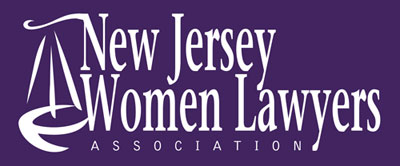Members of the media are invited to attend and report on this event.
Rutgers Law School is sponsoring a special speaker series titled, “Work, Civil Rights and Opportunity: The Impact of Covid-19” with sessions on Tuesday, October 20 and Monday, October 26.
“Covid-19 has transformed working life for millions of Americans, creating new norms with profound repercussions for works’ civil rights and access to economic opportunity,” said Rutgers Law School Co-Dean David Lopez, who is a former general counsel of the U.S. Equal Employment Opportunity Commission (EEOC).
The program will explore the long-term impact of the pandemic on women,
families, and persons with disabilities as remote work becomes more prevalent; shifting employment opportunities and patterns for people of color; the future of organized labor; and cutting-edge litigation against private prisons and the meatpacking industry on behalf of immigrant and other vulnerable workers. The program is open to the public
and free to attend.
Tuesday’s session on October 20, from 4:30 to 6 p.m. is titled “Remote Work:
Caregivers and the Pandemic” and features a virtual panel of experts, including Dina Bakst, Co-Founder and Co-President of A Better Balance; Sunu Chandy, Legal Director of the National Women’s Law Center; and Brian East, senior attorney at Disability Rights Texas. The panel will be moderated by Rutgers Law Professor Suzanne Kim.
Here is the link to register for the session.
On Monday, October 26, there will be a virtual panel titled “Great Pandemic. Great Reckoning: The Future of Work and Worker Empowerment” from 4 to 5:30 p.m. The panel of experts include: Charlotte Burrows, Commissioner at the EEOC; Sharon Block, Executive Director of the Labor and Worklife Program at Harvard Law School; and David Seligman, Executive Director of Toward Justice.
Here is the link to register for this session.
The program’s co-sponsors include the Rutgers Center for Gender, Sexuality, Law & Policy, which facilitates interdisciplinary and publicly-engaged research, curricular, and programming initiatives in furtherance of gender and sexuality-based equity in law and policy.
Other sponsors include the Rutgers Association of Student Caregivers; the Labor & Employment Society; Women’s Law Forum, Rutgers Disabled Law Students Association, and the Immigrant Rights Collective.
If you would like to register to attend either panel, please contact Rutgers Law School Director of Communications Elizabeth Moore at e.moore@law.rutgers.edu



